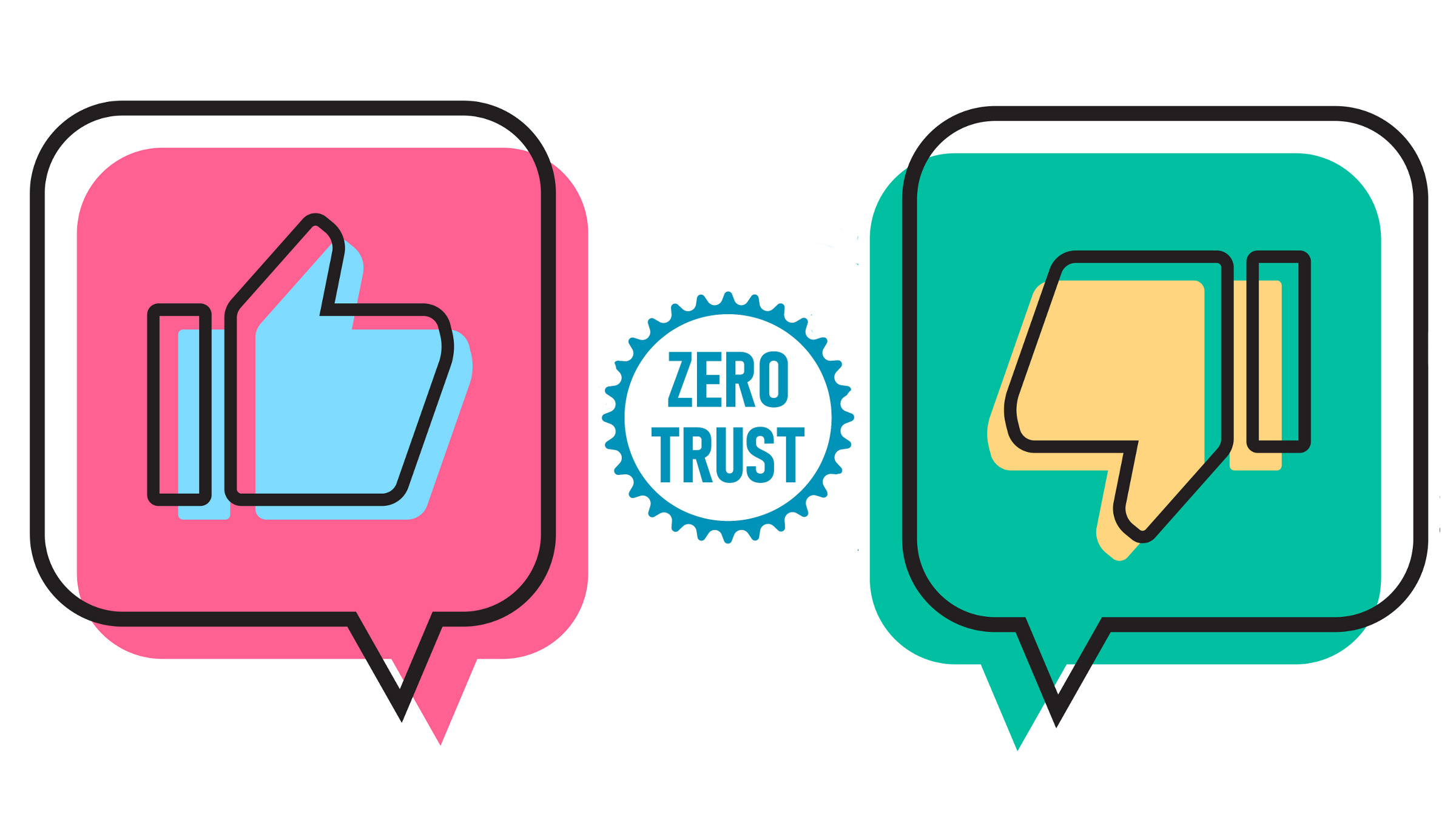Unlike many of the sciences, where experimentation and theory go hand-in-hand, computer science generally has taken a different approach, viewing theory as the driving force and experimentation too often as a postscript. But there is a growing faction of CS researchers working to change that modus operandi, calling for higher visibility for experimental computer science with the conviction that only experimentation is able to test and confirm the relevance of theory and established practices.
This month’s special section showcases some of the current "experimental" research within a panoply of computer science disciplines, illustrating its many forms, including observation, measurement under controlled conditions, and replication of previous work. The authors present platforms for evaluating system designs, wide-area network services, experimental algorithms, and much more.
Guest Editor Dror G. Feitelson, an associate professor and head of the Parallel Systems Lab in the School of Computer Science and Engineering at The Hebrew University in Jerusalem, hopes this collection of articles illustrates how experimentation is as integral to the process as theory and practice.
Also in this issue, Sauer, Gemino, and Blaize, studying the factors that influence project risk, set the oft-quoted Standish Report in a tailspin. By looking at different yet integral factors in software projects, their findings indicate IT projects succeed (under budget) far more often than claimed in previous reports.
Oded Nov studies what motivates people to contribute to Wikipedia, finding that by understanding the factors that lead them to freely share their time and knowledge will benefit organizations and media outlets. Thomas, Bostrom, and Gouge examine how managers of virtual teams can be more successful and proactive in seizing opportunities to use available technologies before problems interfere with interaction. And Tallon and Scannell discuss the challenges of balancing cost and value-at-risk.
At the request of California’s secretary of state, Matt Bishop and David Wagner led a team of experts invited to scrutinize the state’s e-voting machines. They were given unprecedented access to the machines as well as to source code, and now share their findings and concerns in "Inside Risks." In "Viewpoint," David Lorge Parnas points out the many flaws in the widespread policy of measuring researcher performance by the number of papers they publish. And ACM President Stuart Feldman examines the importance of celebrating the impact individuals have made to the CS field in his latest "President’s Letter."
Diane Crawford
Editor



Join the Discussion (0)
Become a Member or Sign In to Post a Comment